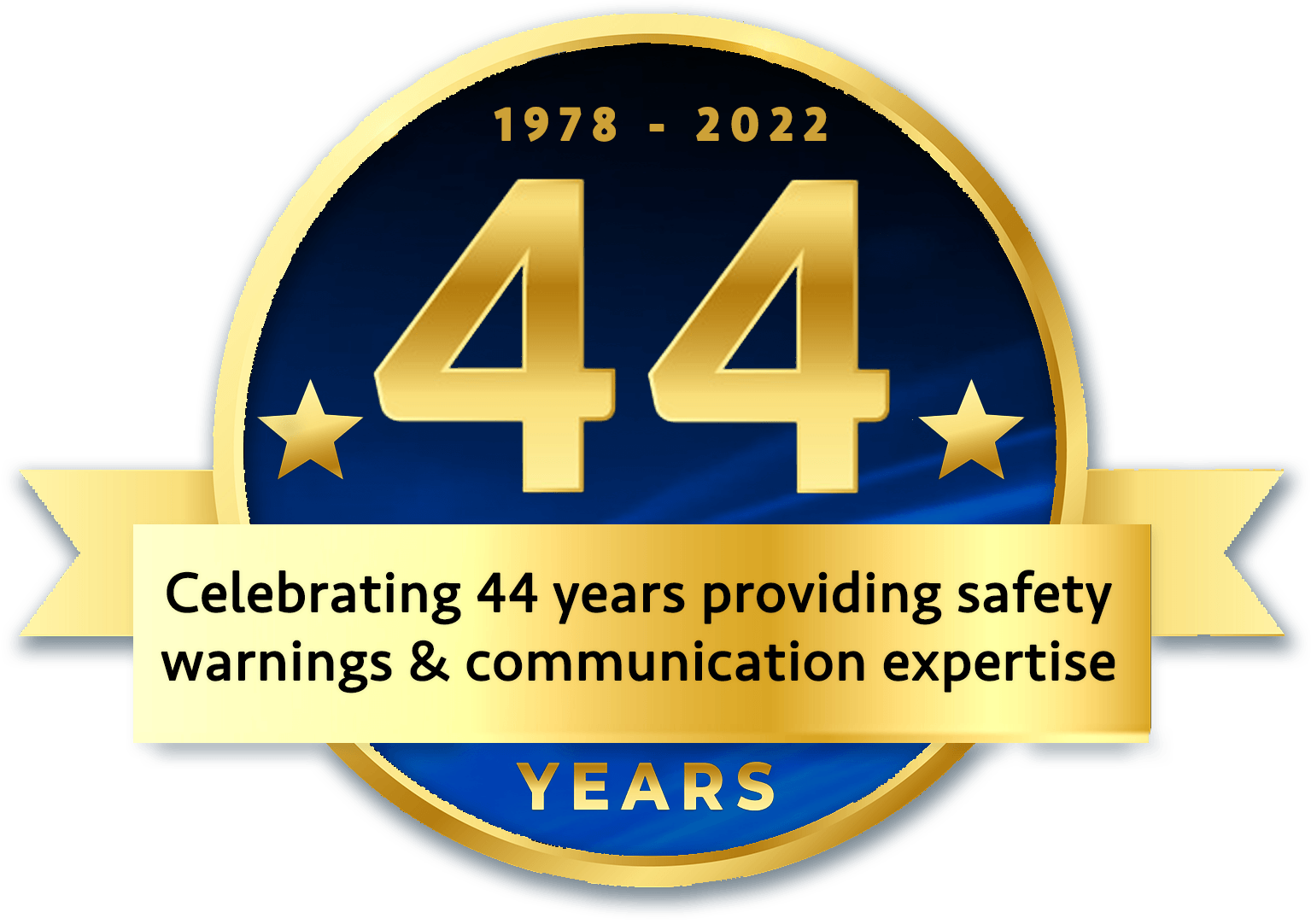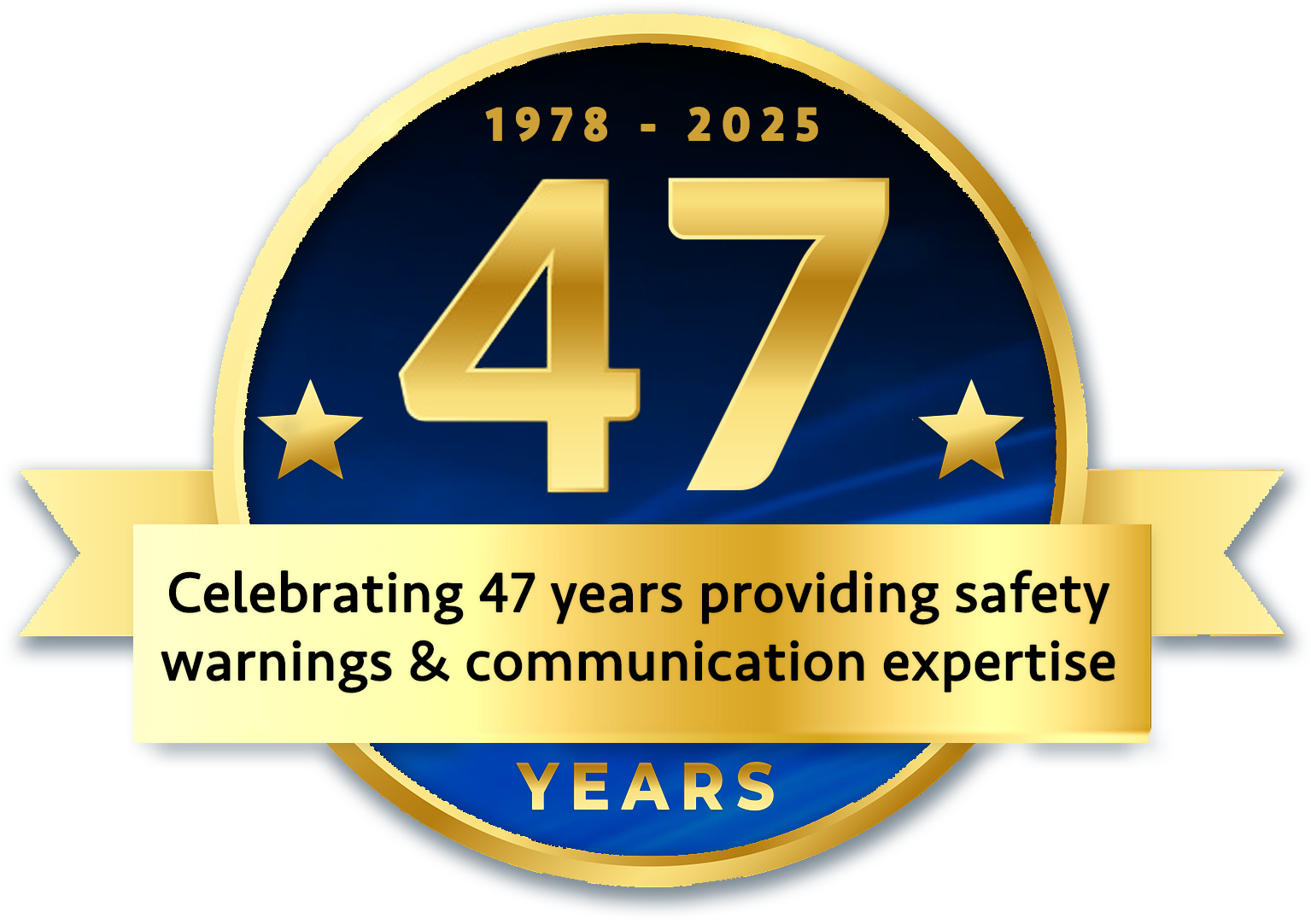TO WARN OR NOT TO WARN, THAT IS THE SAFETY QUESTION
The coronavirus story, to date, has been a warnings story the likes of which I have never seen before in my 43-year career as a warnings expert. On a good day, most warnings professionals would do cartwheels if we got 20-30% compliance with safety warnings. In fact, the literature in my field has overwhelmingly concluded that most warnings fail to get either the attention of or compliance by their intended audiences. Certainly, we have discovered key demographic differences over the years as to which groups are more likely
to follow warnings (e.g., older people, women, people who are more risk aversive, people with low familiarity with a product or situation, people who perceive warning compliance to be of low cost in terms of their time, dollars or ego and/or perceive a product or situation to be hazardous) and those less likely
to follow warnings (e.g., teens and young 20-year olds, males, people with a high school degree or less, risk-takers, people familiar with products or situations, perceive a high cost to comply or fail to perceive a product or situation as hazardous). But, in general, as a society, we tend to pick and choose our own poison, and more often than not, while most of us don't drink bleach or lysol, we do tend to err on the side of either not perceiving or ignoring warnings, or both.
But, as the vernacular seems to go, this time feels different....or at least, it did for a while. Before Memorial Day and despite the politicizing of the coronavirus by The White House, the American public, in overwhelming numbers, voted with their voices, masks and feet to follow health and safety guidelines provided by national folk hero, Anthony Fauci and select truth-telling Governors, led by Andrew Cuomo and Mike DeWine. If the polls were accurate, between 75-90% of the public believe that face masks and coverings, along with social distance practices would help protect them from getting infected by the coronavirus. And most either always or most of the time follow their beliefs. And the best available research, readily available from the CDC, confirms the public's opinion and beliefs. A recent issue of the prestigious medical journal, Lancet, published a study by Dr. Derek Chu and his colleagues which concluded that maintaining social distance of 6 feet or more reduced the chance of virus transmission to less than 2%. They further concluded that wearing a face covering or even a paper surgical mask can be 75-80% effective in preventing transmission. Of course, the best safety triad involves keeping socially distant, wearing a mask or face covering and frequently washing or disinfecting your hands. Until Memorial Day, most Americans got it!
And then, the perfect storm hit. The sun came out, many politicians eagerly pushed the economy to the front of the line while drowning out the scientists, and the protests began. False prophets, interested only in their own profits, offered promises of instant and even dangerous cures (hydroxychloroquine with a shot of lysol), warp speed vaccines, viruses that would magically fade away into the summer heat, coupled with clarion calls to protest any state whose governor had the nerve to put safety over short-term economic gain. In some states, mostly in the South and Southwest, scientists and doctors, the arbiters of truth and protectors of our very lives, were demonized and even threatened, while weak politicians led by selfish, uninformed voices from Washington encouraged people to ignore the very safety warnings that had protected our populace through Memorial Day. And who is ignoring the warnings, especially in those regions I referred to above? The very same people that my research and others have predicted and wrote about in our studies for the last 40 years: younger people, males, people with a high school degree or less, people who incorrectly think they are familiar with the virus and are convinced that the virus isn't as hazardous as first believed (dare I say, "fake news?") and who think the cost to comply (keep wearing masks and keeping social distance) is just too high a price to pay for their ego and masculinity to endure, even at the risk to their own health and that of their loved ones.
If the demographics of those most likely ignoring safety warnings about the coronavirus sound familiar to you, I doubt it's from reading the warnings scientific literature. It's because they are almost the same demographics that pollsters have consistently described as our current President's "political base". As a warnings expert who has worked for over 43 years to prevent injuries and protect lives, I find it unconscionable, even obscene, that our President is not only ignoring the warnings from our health and scientific authorities (most obviously by refusing to role model for all of us, the need to wear a mask, especially when social distancing is challenging), but he is encouraging, even applauding a large segment of our population to engage in behaviors that are highly risky and could lead to serious health consequences or even death. Just as the pied piper led throngs of eager children expecting a cheery and fun outcome, only to be horrified by the kidnapper-in-disguise, so does it seem that our President, through his magical and ignorant thinking and false prophecies, is leading his poorly informed and eager "baseniks" over a cliff that might seriously injure or even kill many of them.
Our nation is at a turning point with regards to the coronavirus. We have to decide whether to follow the warnings or not. As Governors Cuomo and DeWine have shown us, it is not a false choice between being safe and being gainfully employed. We can be both and, in many states, my own included (New York), we are following the scientific data and heeding the warnings, while we cautiously but steadily regain our economy. Our loved ones, especially our parents and grandparents, will thank us for listening to and following the warnings.
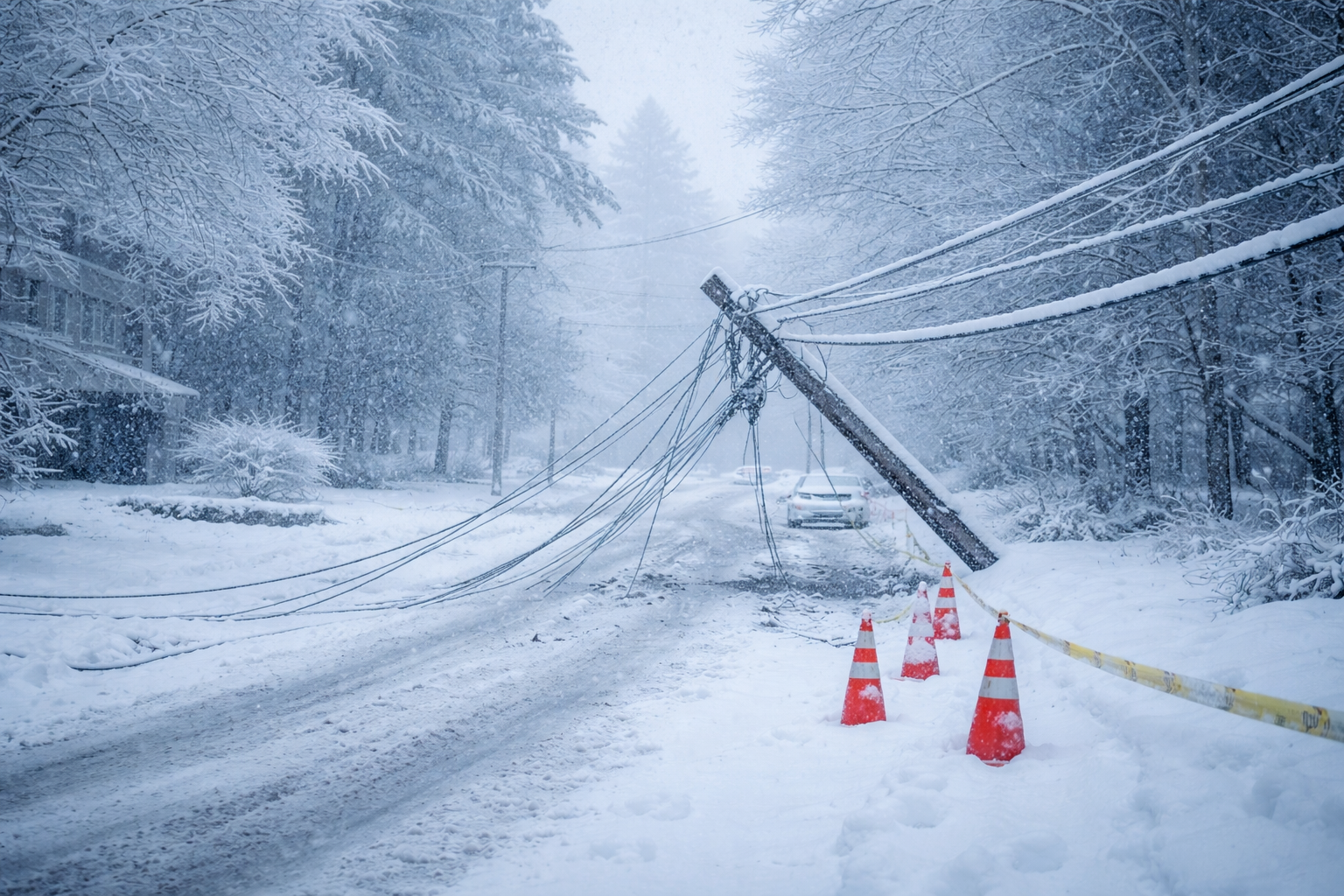
Winter in the Northern Hemisphere brings cold weather, snow, and often severe storms. These conditions can lead to power outages that last hours or even days. When electricity is lost and temperatures plummet, many households turn to alternative heating methods or portable power generators. While these actions are understandable, they can expose families to a perilous and often invisible threat: carbon monoxide (CO) poisoning .

As Thanksgiving approaches, kitchens across the country are about to come alive with the sounds and smells of holiday cooking. While this season brings family, gratitude, and plenty of delicious food, it also comes with a serious and often overlooked risk: foodborne illness. In the U.S., Salmonella and Listeria remain two of the most dangerous and persistent causes of food poisoning—especially during the holidays, when increased food preparation, crowded refrigerators, and large holiday meals create ideal conditions for bacterial growth.Whether you’re hosting your first Thanksgiving dinner or you’re a seasoned holiday chef, brushing up on a few key food safety practices can help you keep your loved ones healthy and your celebration memorable for all the right reasons.

The race to develop autonomous vehicles (AVs) has reached a pivotal moment. Alphabet-owned Waymo, widely regarded as the frontrunner in the field, has rolled out fully driverless taxis in Phoenix, San Francisco, and Los Angeles, with plans to expand to additional cities. But as more Waymo vehicles hit public roads without human drivers, the question looms large: Are they truly safer than the people they’re replacing behind the wheel?
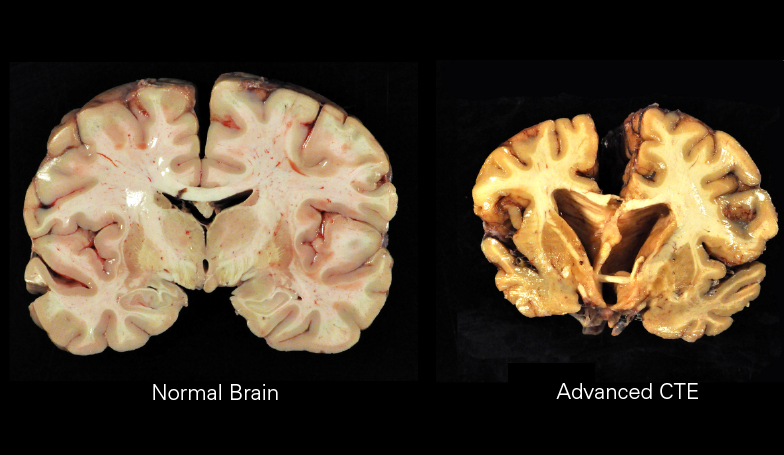
We are now in the middle of another football season, and the question, as asked every year: Is this sport safe enough for our high school, college, and professional athletes to play? Football has always been a violent sport of collision, glory, and growing concern. Over the last decade, research tying repetitive head impacts to chronic traumatic encephalopathy (CTE) has shaken parents, players, and the game’s governing bodies. The central realities are straightforward but sobering: repeated head impacts — both diagnosed concussions and the many “sub-concussive” blows players take — are linked to later-life brain pathology; helmets and add-ons can lower impact forces, but no helmet or cover has been shown to prevent CTE; and rule and culture changes that reduce the number and severity of head impacts are where the biggest gains lie.
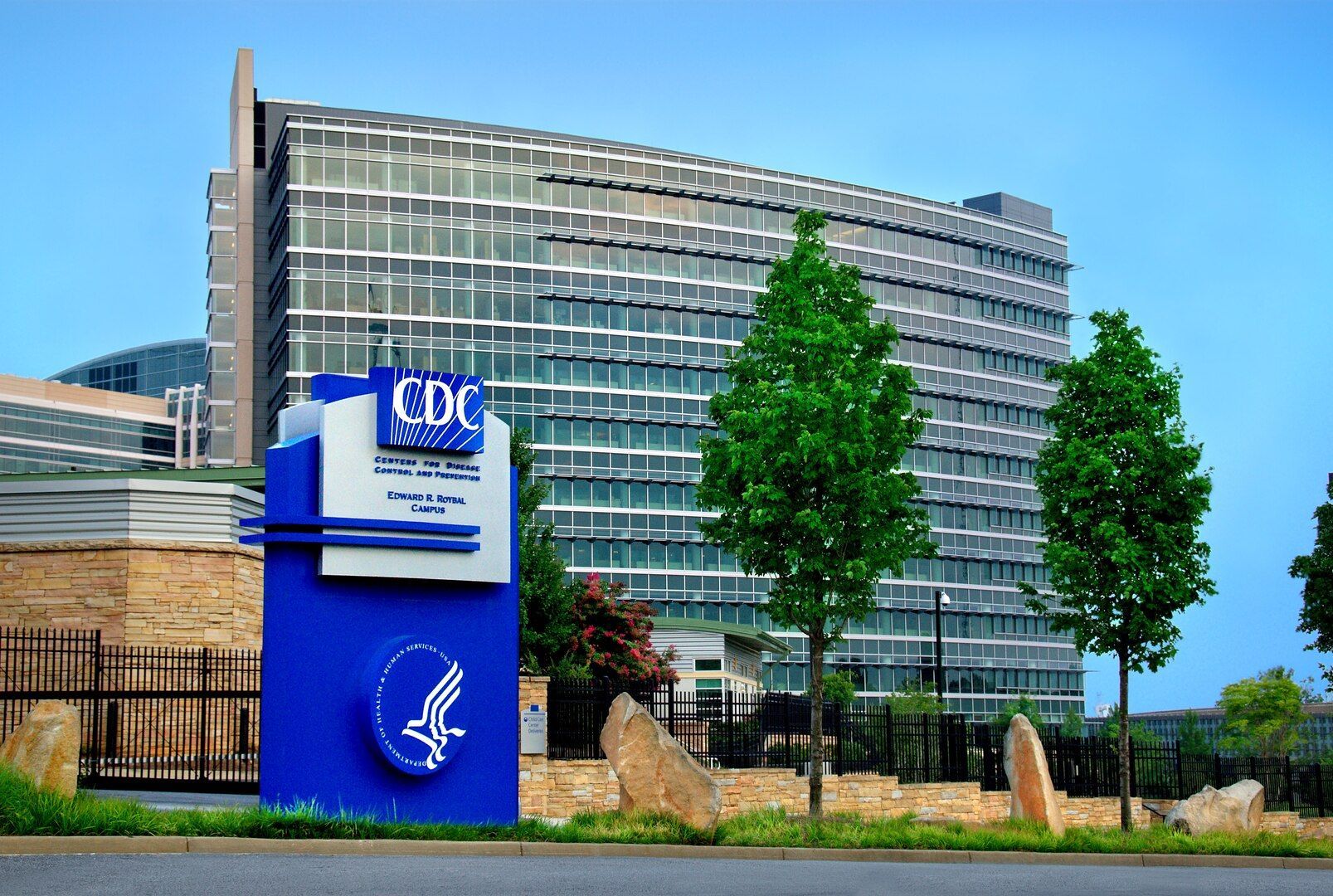
The Centers for Disease Control and Prevention (CDC) has long been viewed as the nation’s front-line defense against disease outbreaks, health emergencies, and public health threats. But today, the agency faces internal turmoil, political interference, and organizational confusion that experts warn could have dangerous consequences for the U.S. healthcare system—and for ordinary Americans.
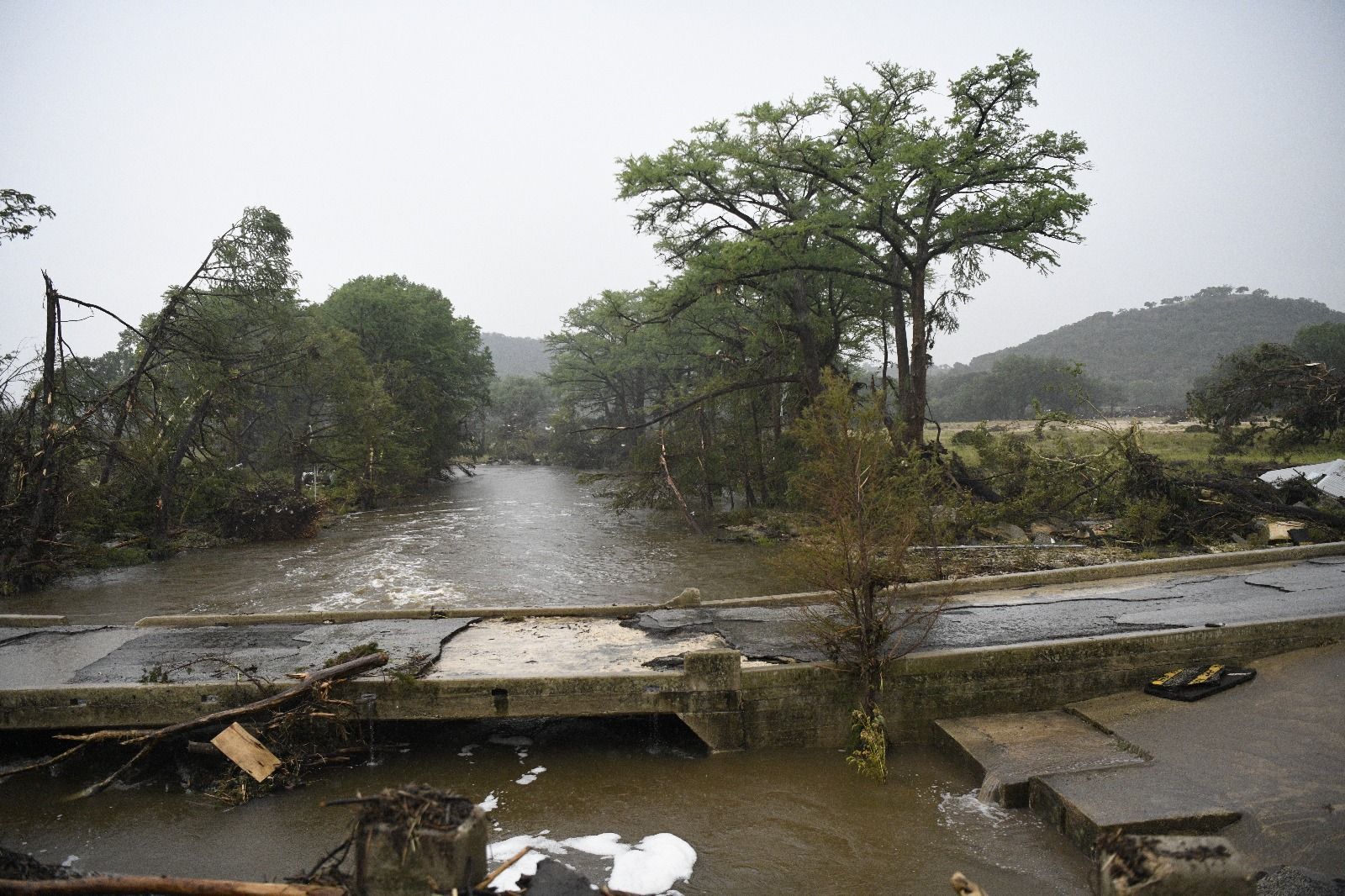
From July 3–4, 2025, Central Texas—especially Kerr County and the Guadalupe River basin—experienced catastrophic flash flooding that claimed over 130 lives, including children and staff at Camp Mystic. As grief and outrage settle, survivors and officials alike are questioning whether enough was done to warn those most at risk.

On June 22, 2025, Governor Greg Abbott signed Senate Bill 25 (SB25), known as the Make Texas Healthy Again Act. Beginning January 1, 2027, Texas will require prominent on-pack warning labels whenever food sold in the state contains any of 44 specific additives—including synthetic colorants like Red 40, Yellow 5, Blue 1, titanium dioxide, bleached flour, and partially hydrogenated oils. The mandated label must declare the following:

The FDA is delaying implementation of a rule that would require food companies to print nutritional information on the front labels of their products. The proposed rule was developed by President Biden’s Administration, with a comment period scheduled to close on May 16. The rule is designed to help consumers make better choices to avoid chronic health problems. Such problems—and consumer choices about nutrition—are things President Trump’s Secretary of Health and Human Services, Robert F. Kennedy Jr., has repeatedly touted. Even though hundreds of comments have been filed about the proposed rule, Kennedy’s Food and Drug Administration is delaying the close of the comment period by 60 days. Most of the comments filed so far have come from food companies and food industry trade organizations. “ A 60-day comment period extension allows adequate time for interested parties to submit comments while also not significantly delaying rulemaking on the important issues in the proposed rule ,” according to the FDA’s announcement about the delay.
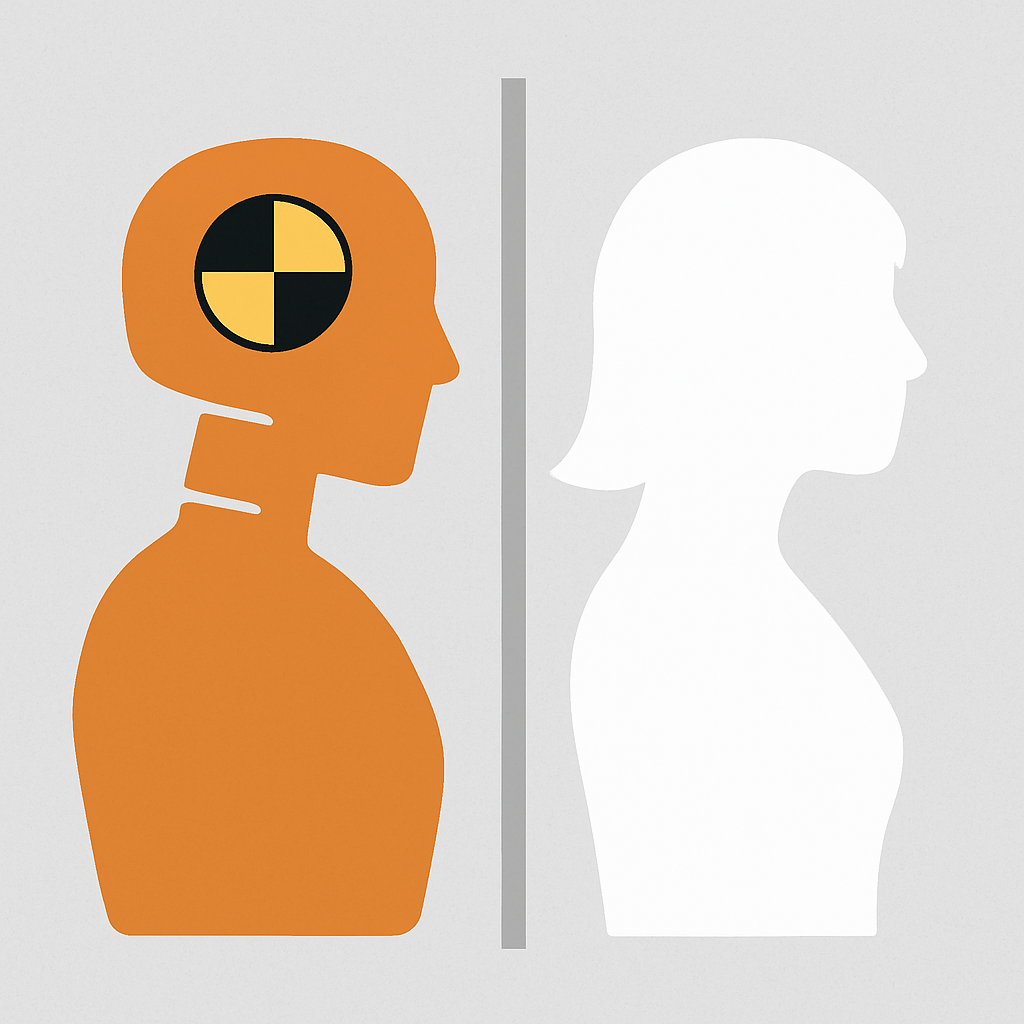
Car accidents are a leading cause of injury and death worldwide, yet the safety measures designed to protect occupants in these life-or-death situations have long ignored a critical reality: women are more likely to be severely injured or killed in crashes than men. This disparity isn't rooted in biology alone—it’s also a result of a troubling oversight in the automotive industry’s safety testing protocols. For decades, crash-test dummies, which serve as proxies for human passengers in simulated collisions, have been modeled after the average male physique, leaving women out of the equation entirely. The Alarming Data Gap The implications of this gender gap in safety testing are both staggering and infuriating. Women, on average, have different body compositions than men—they tend to be shorter, lighter, and have different muscle distributions and bone densities. These physiological differences mean that women’s bodies interact with car safety features—such as seat belts, airbags, and headrests—in distinct ways. When vehicles aren’t tested with dummies that accurately represent female anatomy, crucial data about how to better protect women in crashes is simply ignored. Studies have revealed the dire consequences of this exclusion. Research from the University of Virginia found that women are 47% more likely to sustain serious injuries in car accidents compared to men, even when accounting for variables like seatbelt usage and crash severity. Women are also significantly more likely to suffer whiplash injuries due to the positioning of headrests, which are often designed with men’s neck dimensions in mind. These statistics aren’t just numbers—they represent lives cut short, families broken, and untold suffering that could have been mitigated with equitable safety testing.
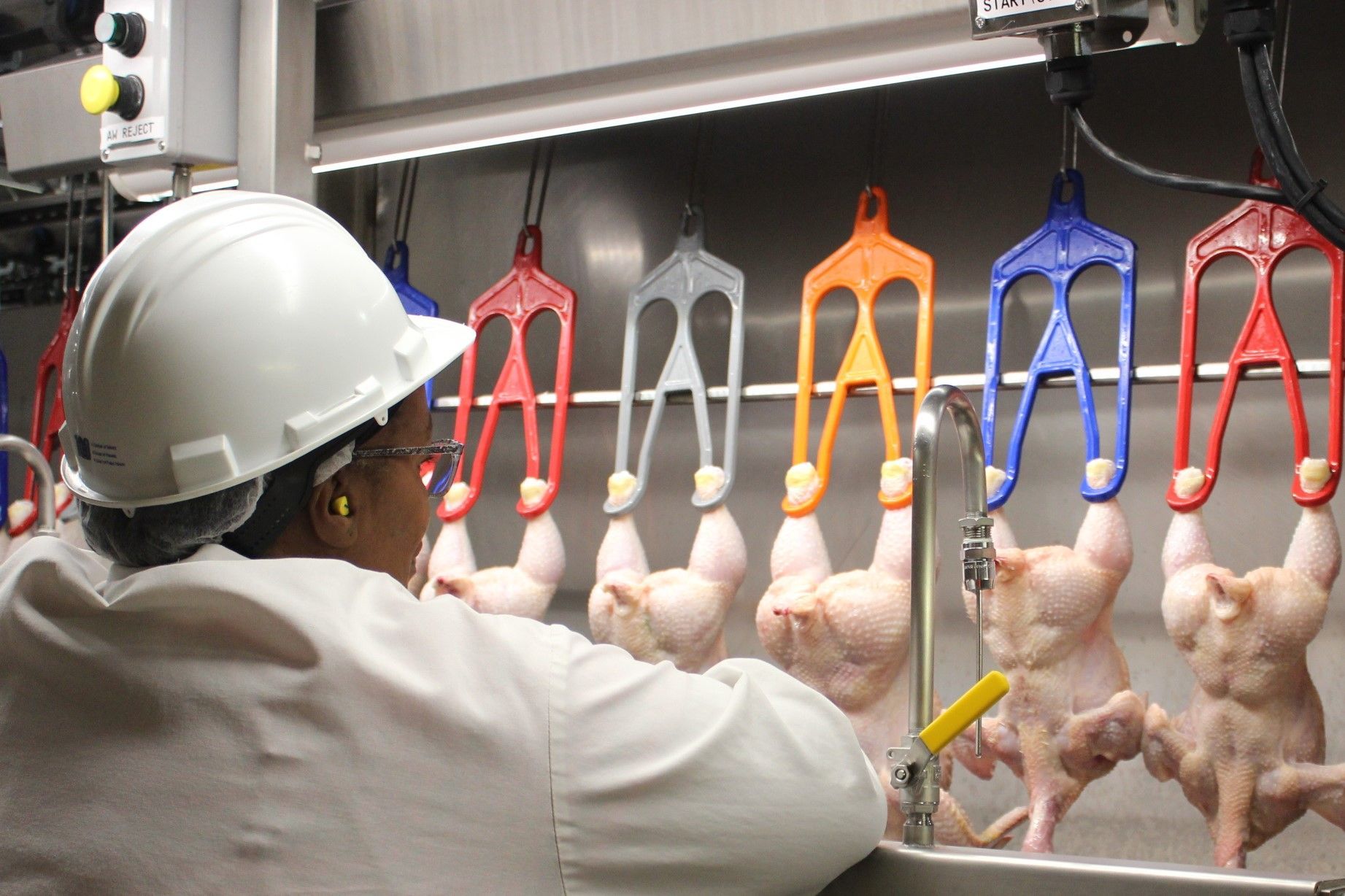
Recent budget cuts at the Health and Safety Science Services (HSSS) have sent shockwaves through the scientific and public health communities, threatening the very infrastructure designed to protect us from disease outbreaks, food contamination, and medical crises. These cuts have affected food inspectors, vaccine scientists, Alzheimer’s researchers, and experts studying bird flu, among others—positions that are essential to ensuring public safety and advancing critical medical research. The consequences of these decisions will be dire, potentially reversing years of progress and exposing society to increased health risks.
